Home>Garden Essentials>Which Potting Soil Mix Is Best For Snake Plants
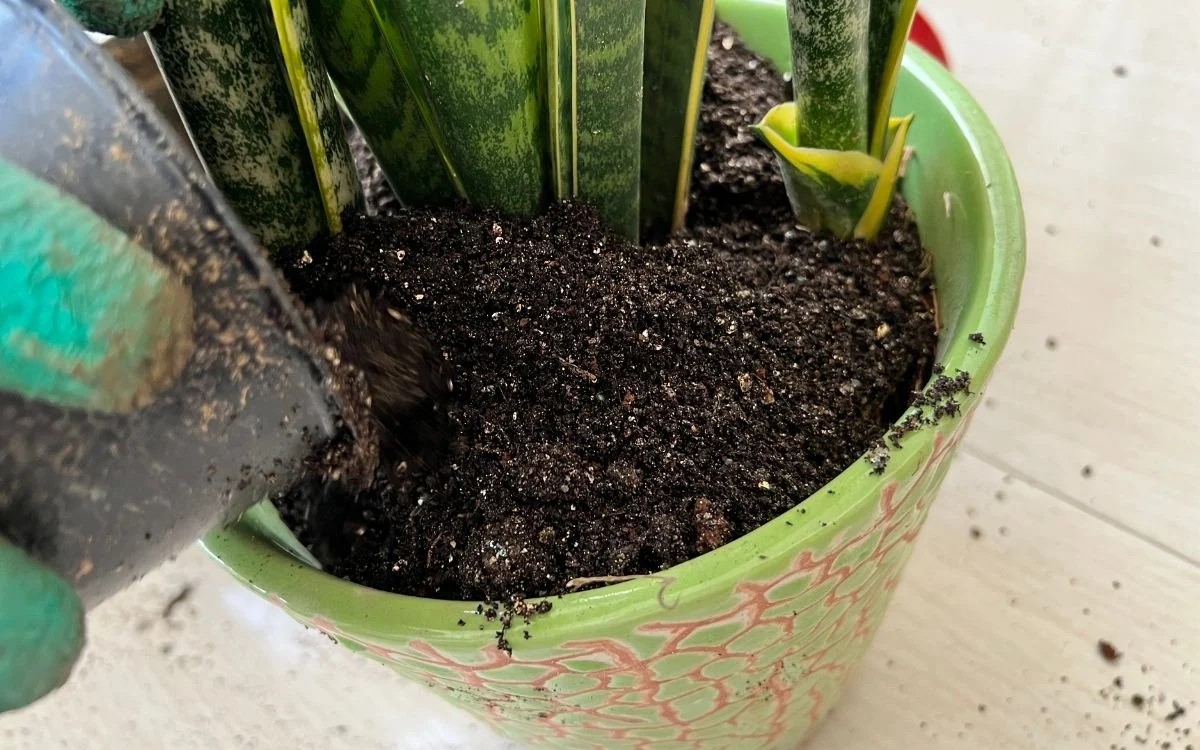

Garden Essentials
Which Potting Soil Mix Is Best For Snake Plants
Modified: March 16, 2024
Discover the best potting soil mix for snake plants in your garden. Improve your plant's health and growth with the right soil composition.
(Many of the links in this article redirect to a specific reviewed product. Your purchase of these products through affiliate links helps to generate commission for Storables.com, at no extra cost. Learn more)
Introduction
Snake plants, also known as Sansevieria, are popular houseplants cherished for their unique, upright leaves and easy care requirements. These plants are not only aesthetically pleasing but also provide several health benefits, such as purifying the air and improving indoor humidity levels. To ensure their growth and well-being, it is crucial to choose the right potting soil mix for snake plants.
While snake plants are known for their resilience and ability to survive in various conditions, the soil they are planted in plays a significant role in their overall health and longevity. The right soil mix will provide the necessary nutrients, drainage, and aeration that snake plants require to thrive.
In this article, we will explore the importance of choosing the right potting soil mix for snake plants and highlight the factors to consider when selecting the ideal soil. We will also examine the common types of potting soil mixes available for snake plants and evaluate which one is the best choice for these unique plants.
By understanding the significance of the potting soil mix and how it directly impacts the well-being of snake plants, you will be equipped with the knowledge to provide optimal conditions for their growth and ensure they thrive in any environment.
Key Takeaways:
- Choose a well-draining potting soil mix with good aeration and moisture retention to keep your snake plants healthy and thriving. Look for a pH level between 6.0 and 7.0 and consider sustainability for an eco-friendly option.
- Consider factors like drainage, aeration, and nutrient content when selecting the best potting soil mix for your snake plants. Experiment with different mixes and monitor your plants’ responses to find the optimal choice.
Importance of Choosing the Right Potting Soil Mix for Snake Plants
Choosing the right potting soil mix for snake plants is crucial for their overall health and growth. The soil provides the foundation for these plants to thrive, as it plays a vital role in nutrient absorption, root development, and water retention. Here are some reasons why selecting the appropriate potting soil mix is of utmost importance for snake plants:
- Nutrient availability: Snake plants require a well-balanced mix of nutrients to support their growth. The right potting soil mix will contain essential nutrients like nitrogen, phosphorus, and potassium, which are necessary for healthy foliage development, root growth, and overall plant vigor.
- Drainage and aeration: Snake plants dislike soggy roots and are prone to root rot if sitting in waterlogged soil. A high-quality potting soil mix will have excellent drainage properties, allowing excess water to pass through quickly. It will also provide adequate aeration, ensuring that the roots have access to oxygen, which is vital for their health.
- Moisture retention: While snake plants don’t like overly moist conditions, they still need a soil mix that can retain some moisture. An ideal potting soil mix will strike the right balance between moisture retention and drainage, ensuring that the plants’ roots have access to water without the risk of waterlogged conditions.
- pH balance: Snake plants prefer slightly acidic to neutral soil pH. A suitable potting soil mix will have a pH range of 6.0 to 7.0, which allows the plants to efficiently absorb nutrients from the soil.
- Organic matter: Organic matter in the potting soil mix provides numerous benefits to snake plants. It helps improve soil structure, enhances moisture retention, promotes beneficial microbial activity, and provides slow-release nutrients. A high-quality potting soil mix will contain ample organic matter, such as compost or well-rotted manure.
By understanding the importance of these factors and selecting the right potting soil mix, you can create an optimal growing environment for your snake plants. This will ensure that they receive the necessary nutrients, moisture, and aeration they need to thrive and remain healthy for years to come.
Factors to Consider when Selecting Potting Soil for Snake Plants
When selecting potting soil for your snake plants, there are several important factors to consider. Taking these factors into account will help you choose the optimal soil mix that meets the specific needs of your snake plants. Here are the key factors to consider:
- Drainage: Snake plants require well-draining soil to prevent waterlogged conditions and root rot. Ensure that the potting soil mix you choose has good drainage properties. It should be loose enough to allow excess water to flow through, preventing water from sitting at the bottom of the pot.
- Aeration: Proper aeration is essential for the health of snake plant roots. The soil mix should provide enough air pockets to allow oxygen to reach the roots. Look for potting soil that includes ingredients like perlite or vermiculite, which enhance aeration and improve soil structure.
- Water retention: While snake plants prefer drier conditions, they still need some moisture in the soil. The potting soil mix should be able to retain enough moisture for the plants’ roots to access when needed. Look for a mix that strikes a balance between moisture retention and drainage.
- Nutrient content: Snake plants require a steady supply of nutrients to thrive. Select a potting soil mix that includes organic matter, such as compost or well-rotted manure. These organic materials release nutrients slowly over time, providing a continuous source of nourishment for your snake plants.
- pH level: Snake plants prefer slightly acidic to neutral soil pH. The potting soil mix should have a pH level between 6.0 and 7.0. You can test the pH level of the soil mix using a pH meter or pH testing kit to ensure it falls within the suitable range.
- Pest and disease resistance: Look for a potting soil mix that is formulated to resist common pests and diseases that may affect snake plants. This can help prevent issues such as root rot, fungal infections, and pest infestations, ensuring the long-term health of your plants.
- Sustainability: Consider using a sustainable potting soil mix, such as those made from renewable resources or recycled materials. This choice is not only beneficial for the environment but also promotes ethical gardening practices.
By taking these factors into consideration, you can select a potting soil mix that provides the optimal conditions for your snake plants to thrive. Remember that finding the right balance of drainage, aeration, moisture retention, and nutrient content is crucial for the overall health and longevity of your snake plants.
When choosing a potting soil mix for snake plants, look for a well-draining mix that is low in organic matter. A mix with sand, perlite, and a small amount of peat or compost works well. Avoid heavy, moisture-retentive soils to prevent root rot.
Common Types of Potting Soil Mixes for Snake Plants
There are various types of potting soil mixes available for snake plants, each with its own unique characteristics and benefits. Understanding these different soil mixes will help you make an informed decision about which one is best suited for your snake plants. Here are some common types of potting soil mixes for snake plants:
- Standard Potting Mix: The standard potting mix is a widely used option for snake plants. It typically consists of a blend of peat moss, perlite, and vermiculite. This mix provides good drainage, aeration, and moisture retention, creating a balanced environment for snake plants.
- Cactus/Succulent Mix: Cactus and succulent mixes are well-suited for snake plants due to their excellent drainage properties. These mixes generally contain a combination of sand, perlite, and peat moss. The gritty texture of the mix allows excess water to drain quickly, preventing the roots from sitting in wet soil.
- Potting Soil Mix with Organic Matter: Snake plants benefit from organic matter as it enriches the soil with nutrients and improves moisture retention. Potting soil mixes that include organic matter, such as compost or well-rotted manure, are ideal for providing a slow-release nutrient source for snake plants.
- Coir-Based Mix: Coir, a sustainable alternative to peat moss, is increasingly used as a component in potting soil mixes. Coir-based mixes offer excellent water retention and aeration while being environmentally friendly. They provide a well-balanced environment for snake plants to thrive.
- DIY Mix: For those who prefer a hands-on approach, creating a custom potting soil mix for snake plants is an option. DIY mixes often include a combination of peat moss, perlite, vermiculite, and organic matter such as compost or coconut coir. You can adjust the ratios to meet the specific needs of your snake plants.
Remember that snake plants prefer well-draining soil, so it’s essential to avoid heavy clay-based or garden soil, as they can lead to waterlogged conditions. Additionally, avoid using potting mixes that contain high amounts of sphagnum moss, as it retains too much moisture for snake plants.
When selecting a potting soil mix for your snake plants, consider factors such as your climate, watering habits, and the specific needs of your plants. Experimenting with different soil mixes may help you find the one that works best for your snake plants’ growth and overall well-being.
Evaluating the Best Potting Soil Mix for Snake Plants
Choosing the best potting soil mix for snake plants can be a subjective decision, as it depends on various factors such as the specific needs of your plants, your local climate, and personal preferences. However, there are some key criteria to evaluate when determining the ideal soil mix for your snake plants:
- Drainage: The best potting soil mix for snake plants should have excellent drainage properties to prevent waterlogging and root rot. It should allow excess water to flow through easily, ensuring that the roots are not sitting in overly moist soil.
- Aeration: Optimal aeration is essential for snake plants’ root health. The soil mix should have sufficient air pockets to allow oxygen to reach the roots. Look for mixes that include perlite or vermiculite, as these materials enhance aeration and improve soil structure.
- Moisture retention: While snake plants prefer drier conditions, they still need some moisture in the soil. The best potting soil mix should strike a balance between moisture retention and drainage, allowing the plants’ roots to access water when needed without the risk of waterlogged conditions.
- Nutrient content: Snake plants benefit from a potting soil mix that contains organic matter, such as compost or well-rotted manure. These materials release nutrients slowly, providing a continuous source of nourishment for the plants. Ensure the mix has a good nutrient balance to support overall plant health.
- pH level: Snake plants prefer slightly acidic to neutral soil pH levels. The best potting soil mix should have a pH range between 6.0 and 7.0. You can check the pH level of the soil mix using a pH meter or pH testing kit to ensure it falls within the desired range.
- Pest and disease resistance: Consider a potting soil mix that offers resistance to common pests and diseases that may affect snake plants. This can help prevent issues such as root rot, fungal infections, and pest infestations, ensuring the long-term health of your plants.
- Sustainability: Opt for a potting soil mix that is environmentally friendly and sustainable. Look for mixes made from renewable resources or recycled materials, as this choice promotes ethical gardening practices and reduces your ecological footprint.
It’s important to note that different snake plant varieties may have slightly different soil preferences. For instance, some species prefer a well-draining mix with less moisture retention, while others may tolerate slightly moister conditions. Researching the specific requirements of your snake plant variety can help you tailor the potting soil mix to meet its needs.
Ultimately, the best potting soil mix for your snake plants will depend on a combination of factors, including your local climate, your watering habits, and the specific needs of your plants. Experimenting with different soil mixes while considering the evaluation criteria mentioned will help you find the optimal soil mix that promotes the health and growth of your snake plants.
Read more: What Is A Potting Soil Mix
Conclusion
Choosing the right potting soil mix for your snake plants is essential for their overall health and growth. The soil provides the foundation for these plants, delivering the necessary nutrients, drainage, and aeration they need to thrive. By considering important factors such as drainage, aeration, moisture retention, nutrient content, pH level, pest resistance, and sustainability, you can select the best soil mix for your snake plants.
A high-quality potting soil mix will promote healthy root development, prevent waterlogged conditions, and provide a balanced environment for your snake plants to thrive. Whether you opt for a standard potting mix, a cactus/succulent mix, a mix with organic matter, a coir-based mix, or choose to create your own DIY mix, it’s important to ensure that it meets the specific needs of your snake plants.
Remember to consider your local climate, watering habits, and the particular requirements of your snake plant variety when evaluating and selecting a potting soil mix. Additionally, monitor your plants’ responses to the chosen mix and make adjustments if necessary. Regularly inspect the soil’s moisture levels and check for any signs of overwatering or nutrient deficiencies to ensure the well-being of your snake plants.
Choosing the right potting soil mix for your snake plants not only contributes to their overall health but also enhances their visual appeal and longevity. It creates a nurturing environment for these captivating houseplants, allowing them to purify your indoor air, improve humidity levels, and bring beauty and life to your home.
By understanding the importance of potting soil for snake plants and considering the factors mentioned in this article, you are equipped with the knowledge to make informed decisions and provide the best growing conditions for your beloved snake plants. Happy planting!
Frequently Asked Questions about Which Potting Soil Mix Is Best For Snake Plants
Was this page helpful?
At Storables.com, we guarantee accurate and reliable information. Our content, validated by Expert Board Contributors, is crafted following stringent Editorial Policies. We're committed to providing you with well-researched, expert-backed insights for all your informational needs.
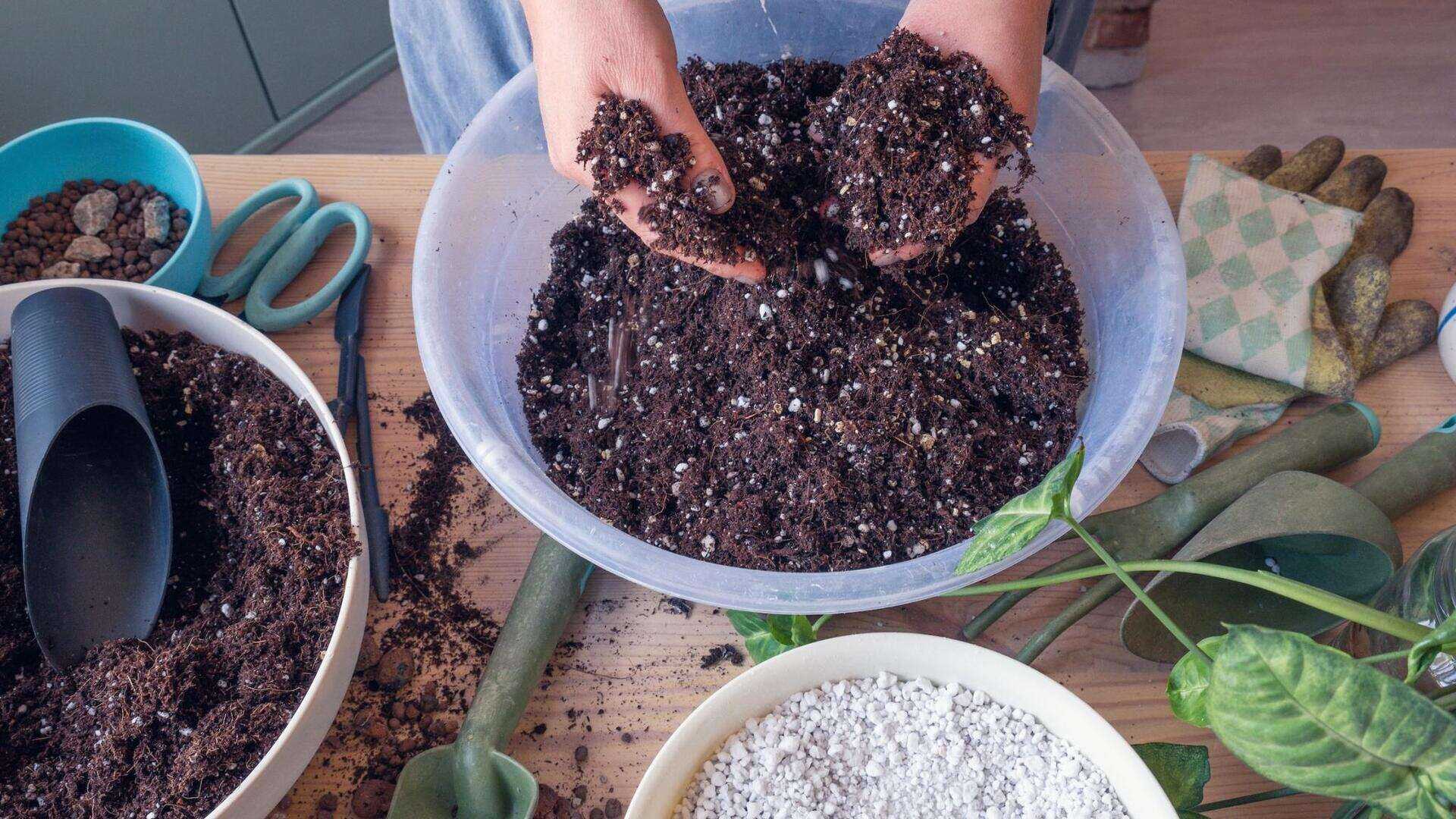
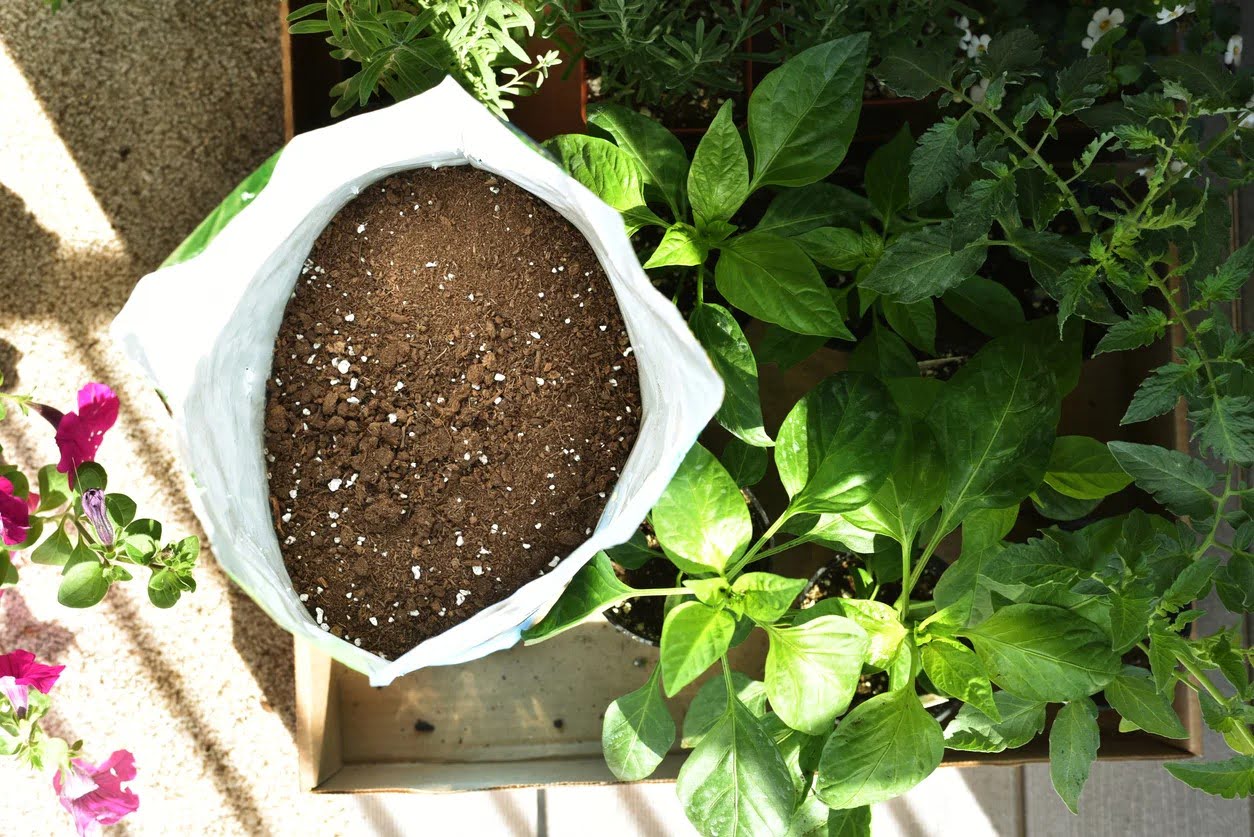
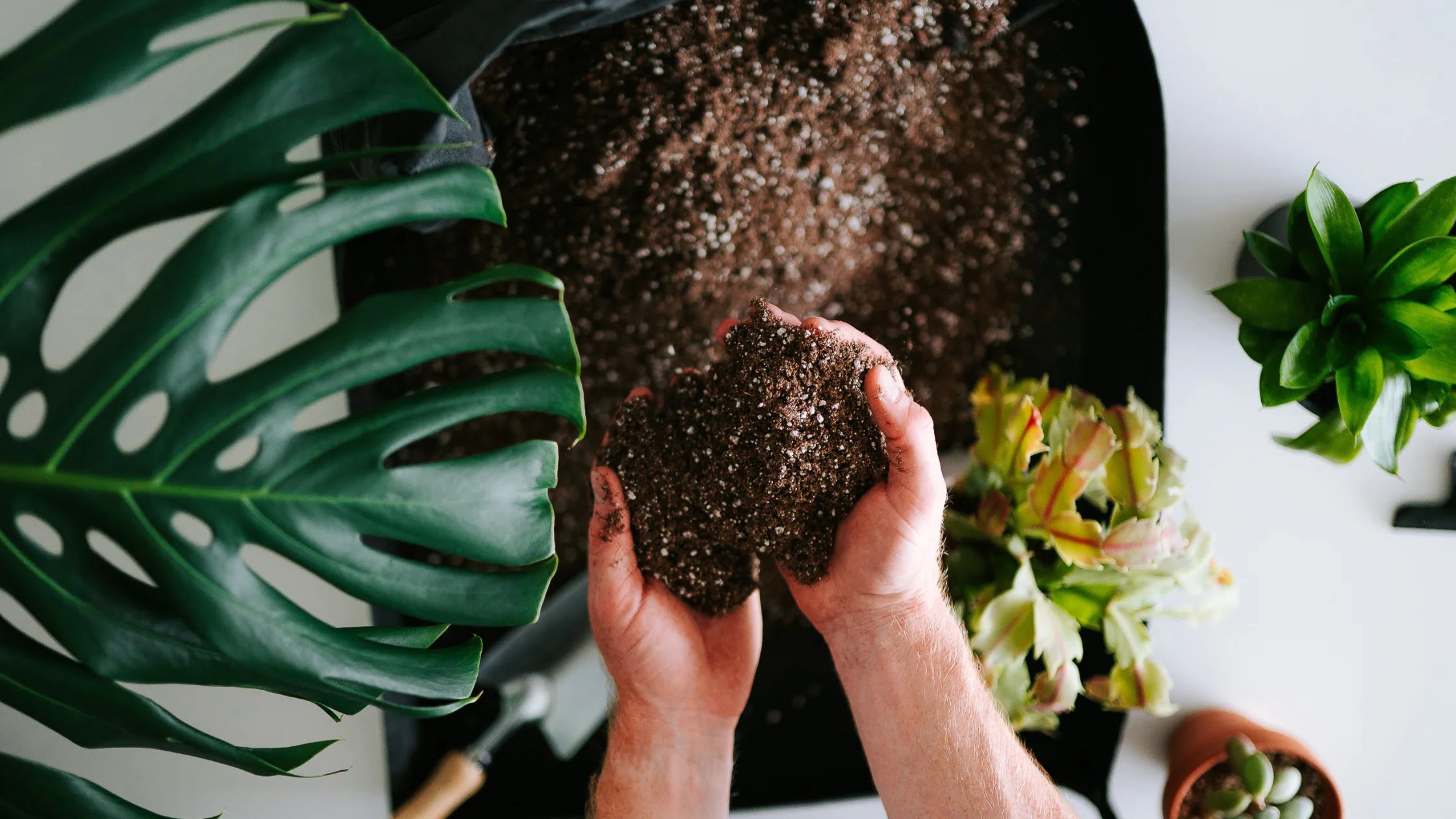
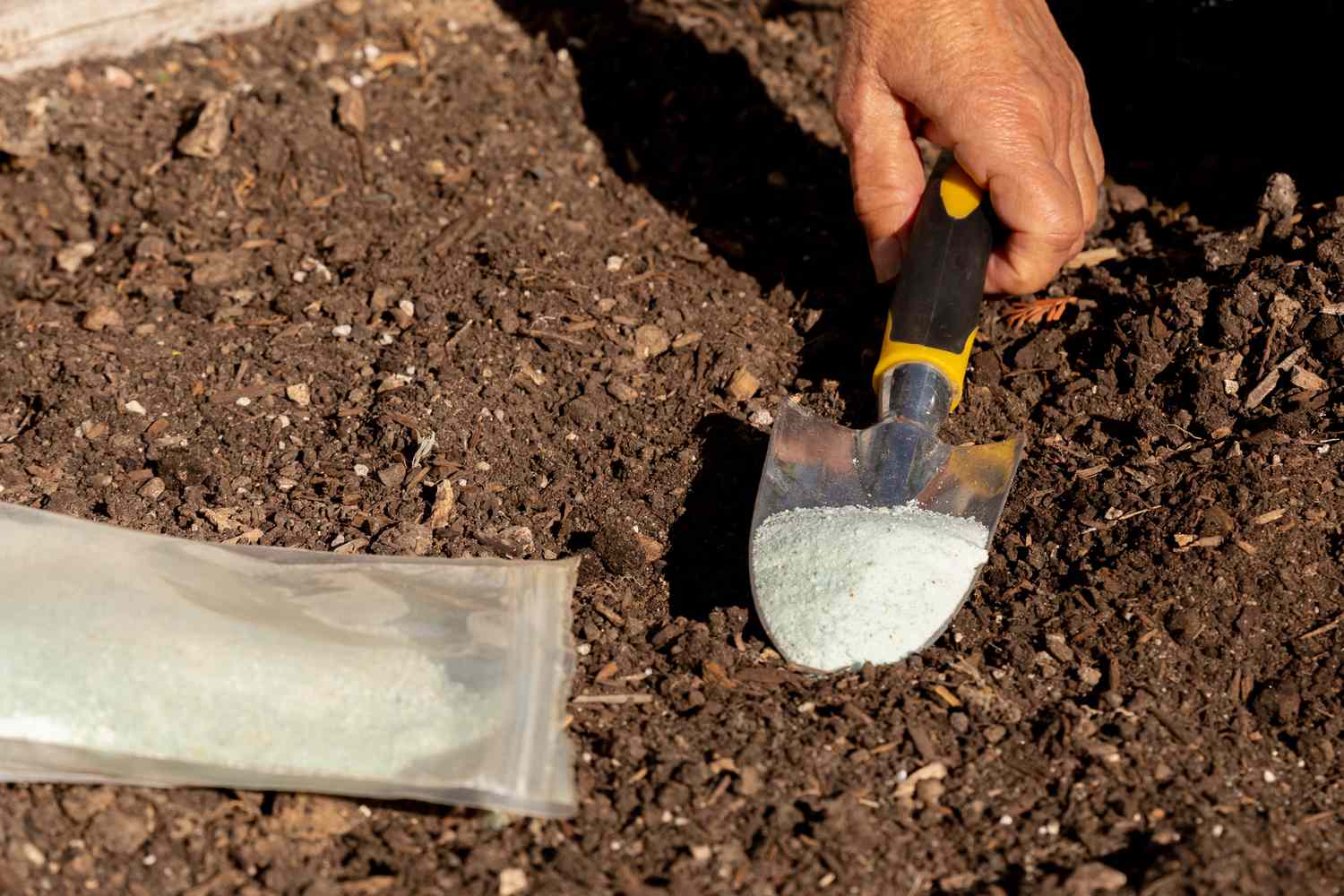
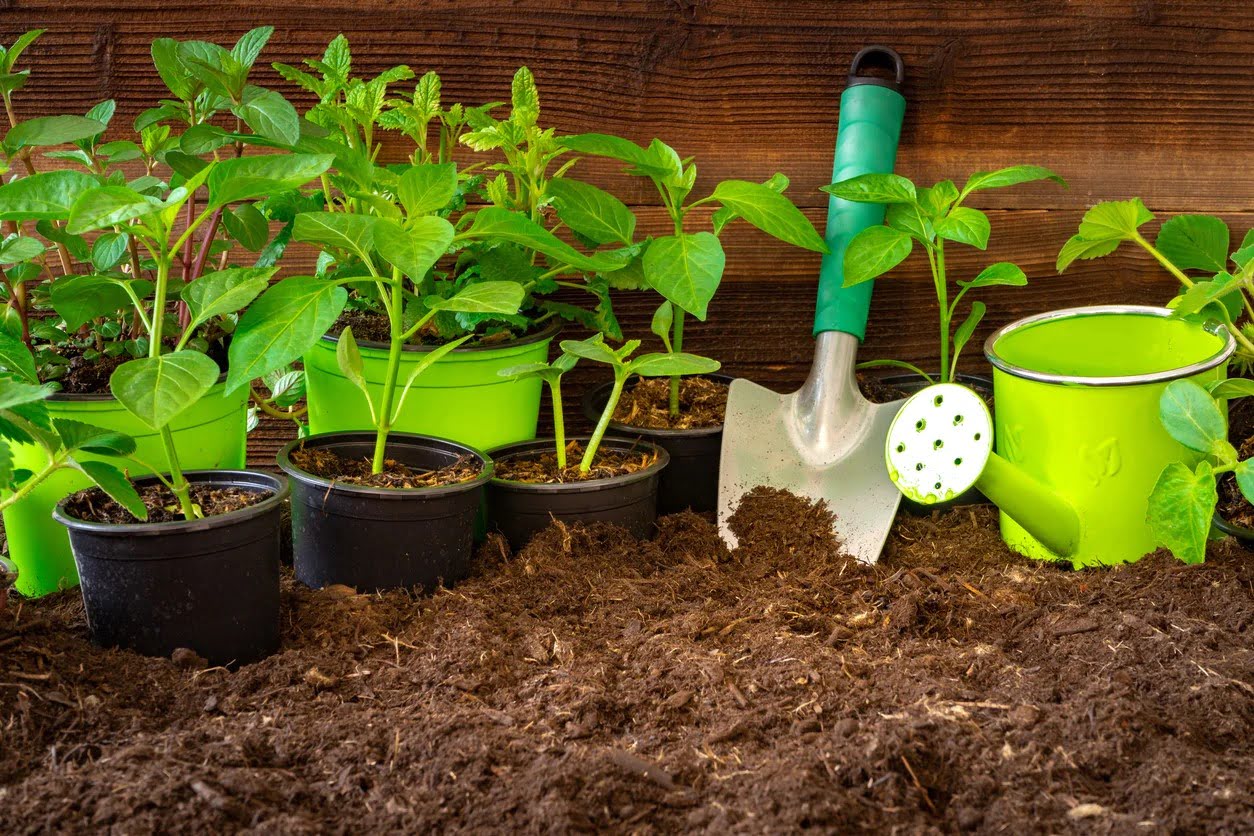
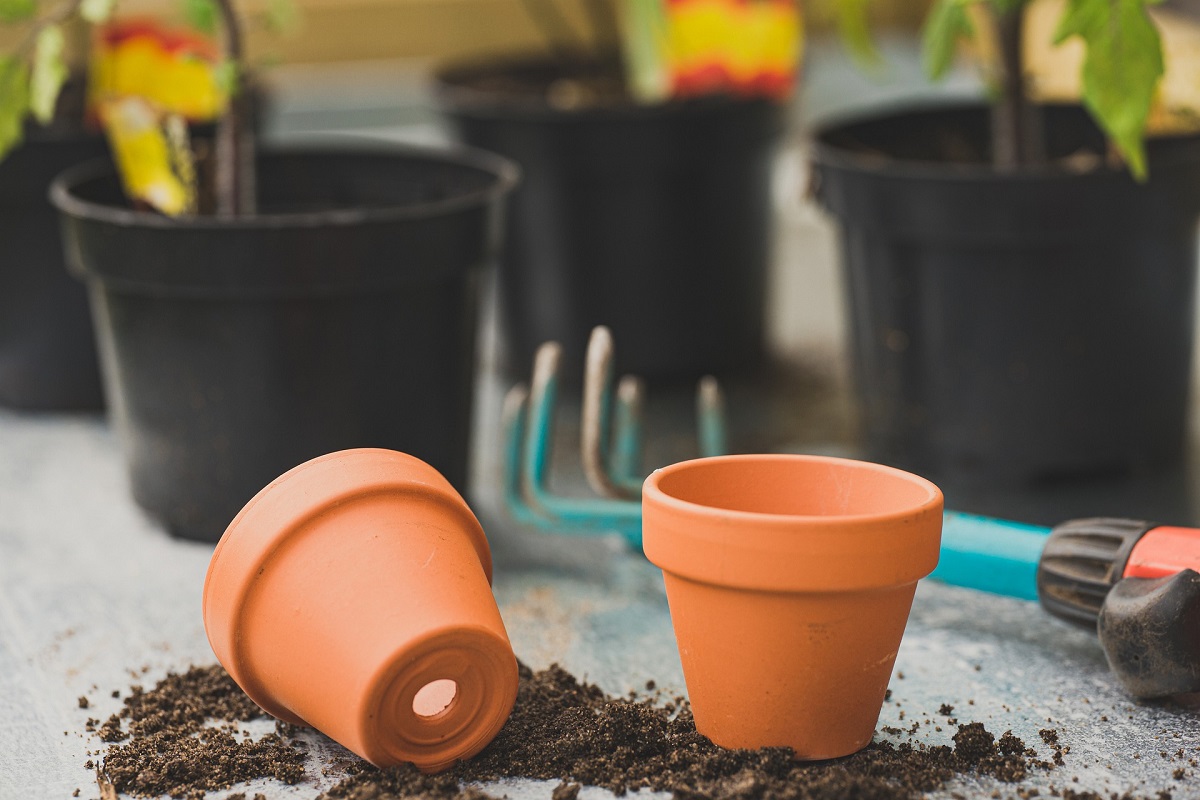
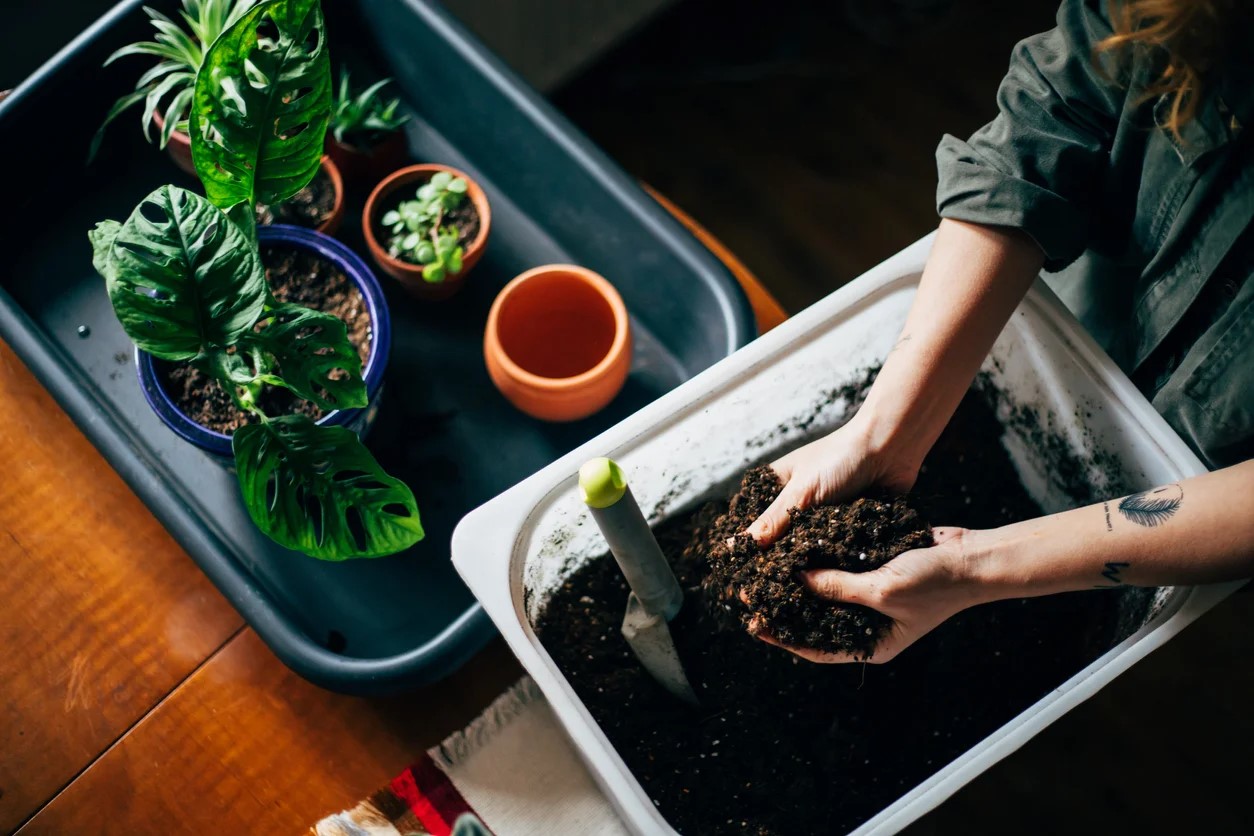
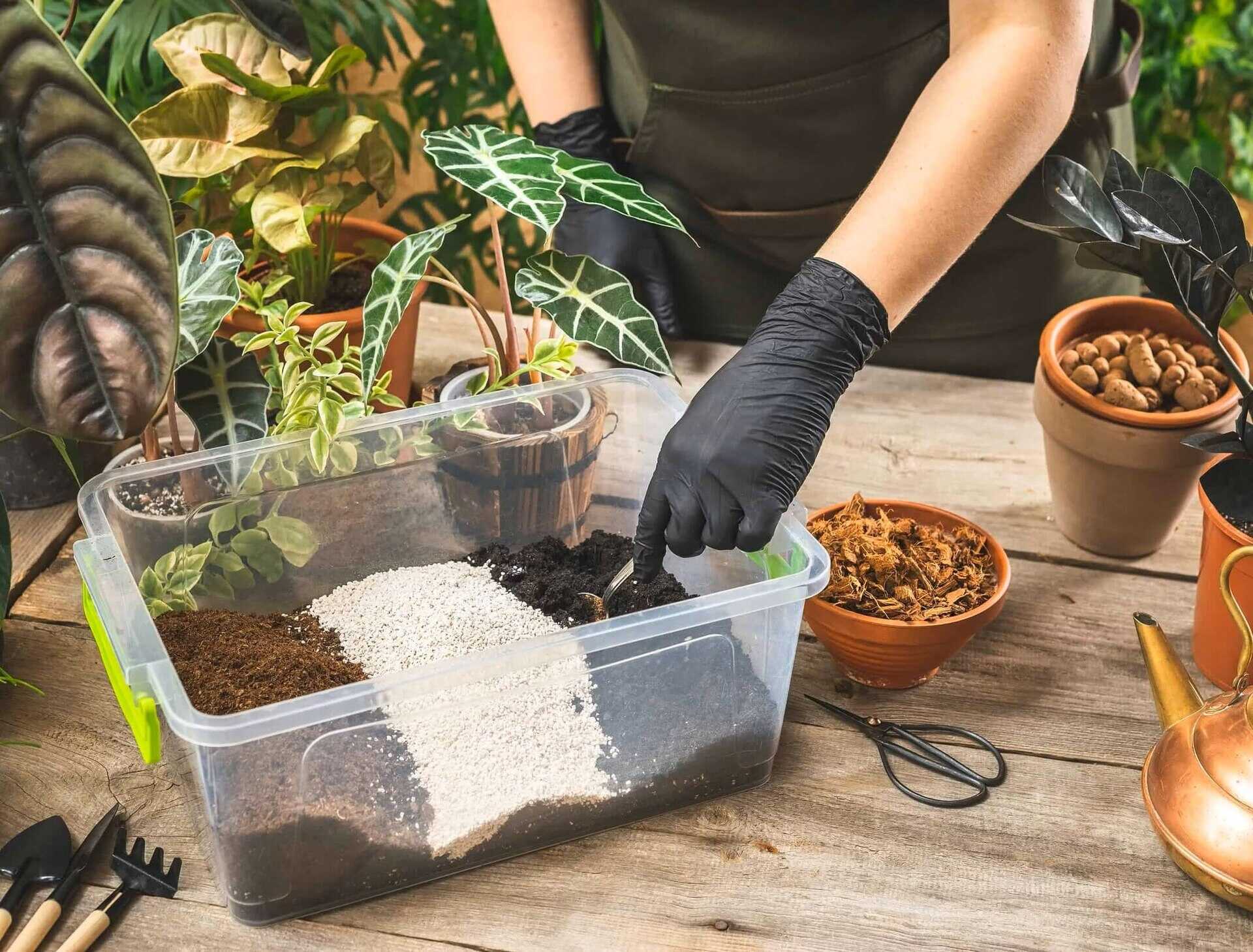
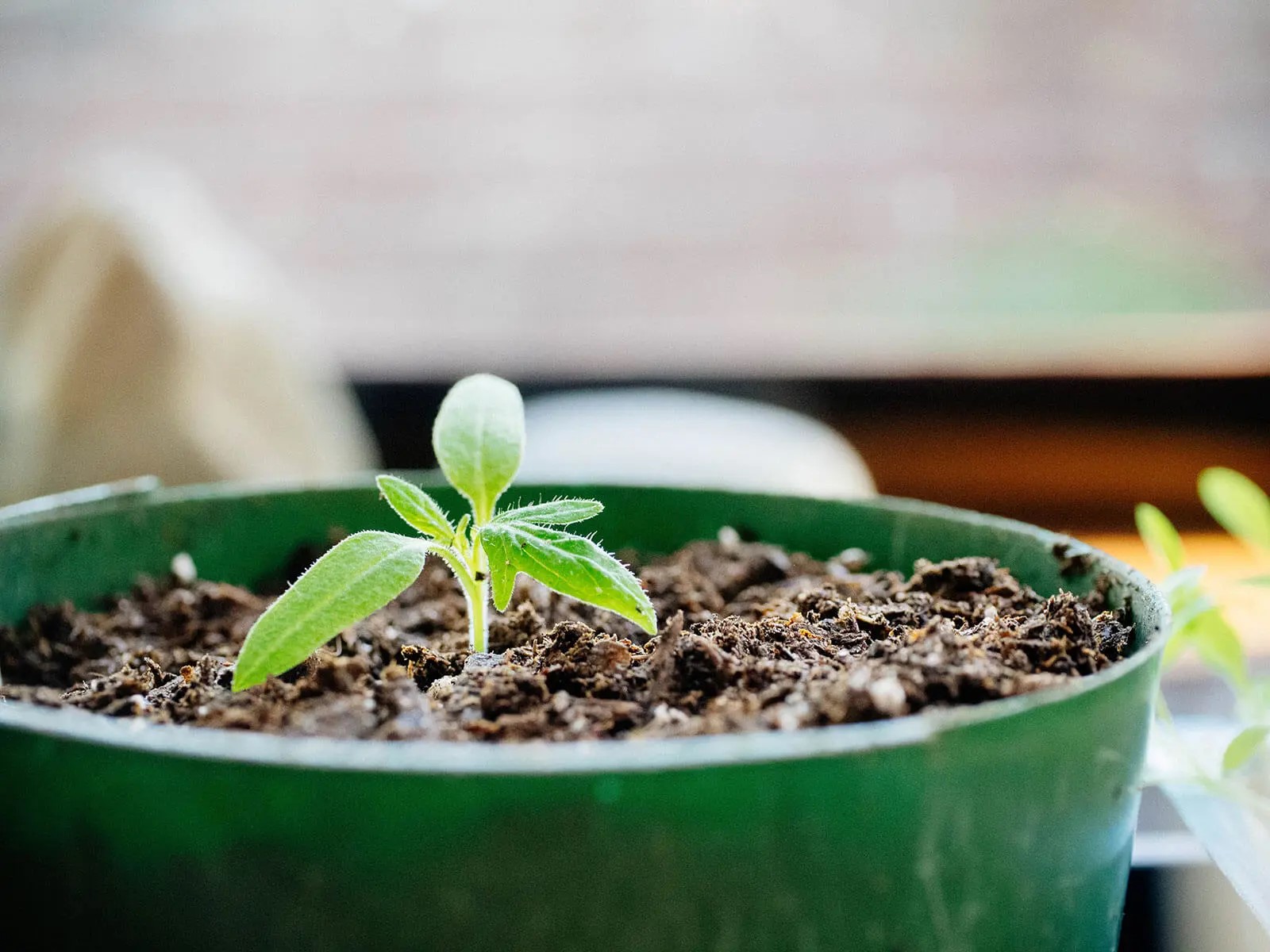
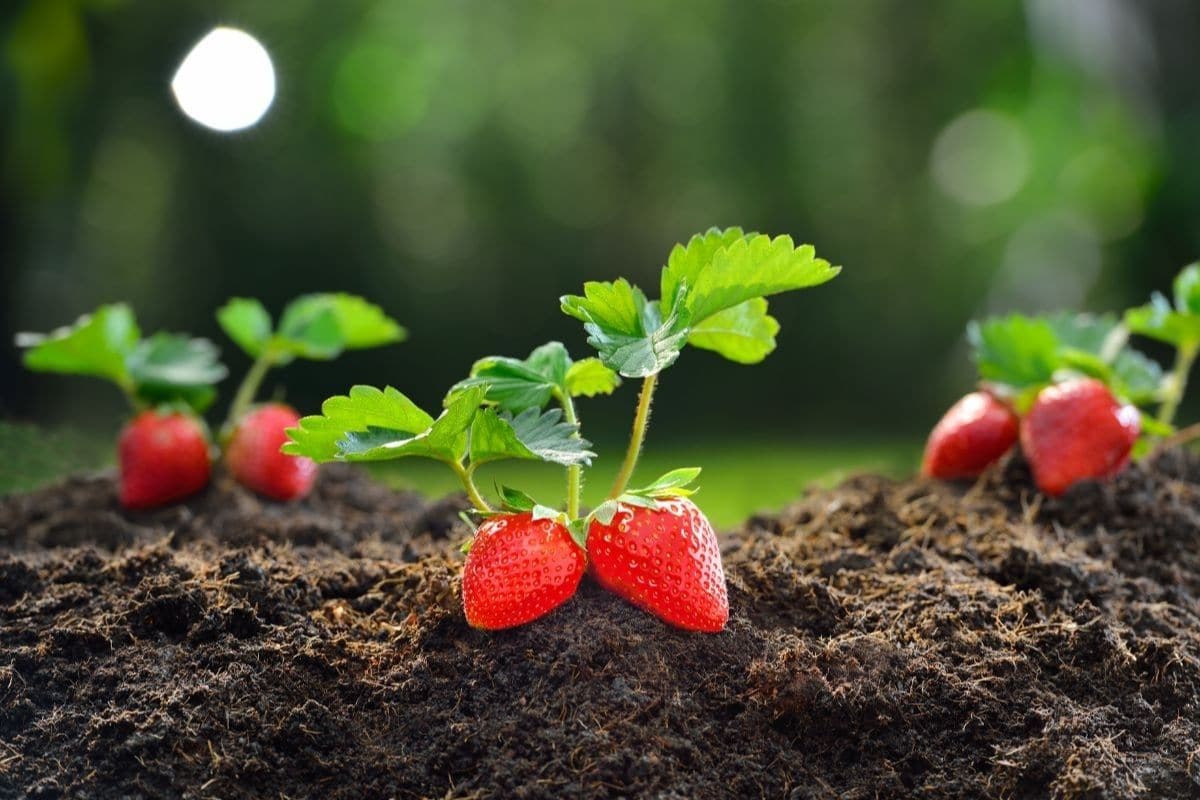

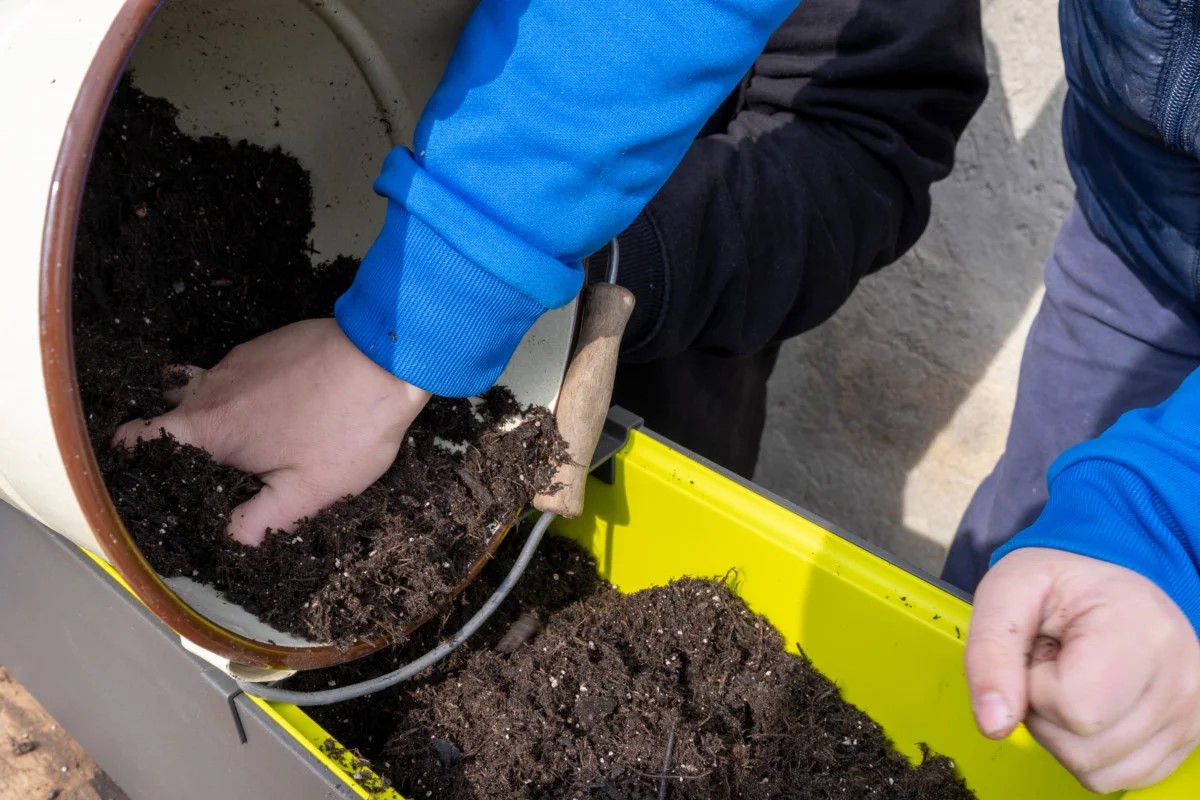
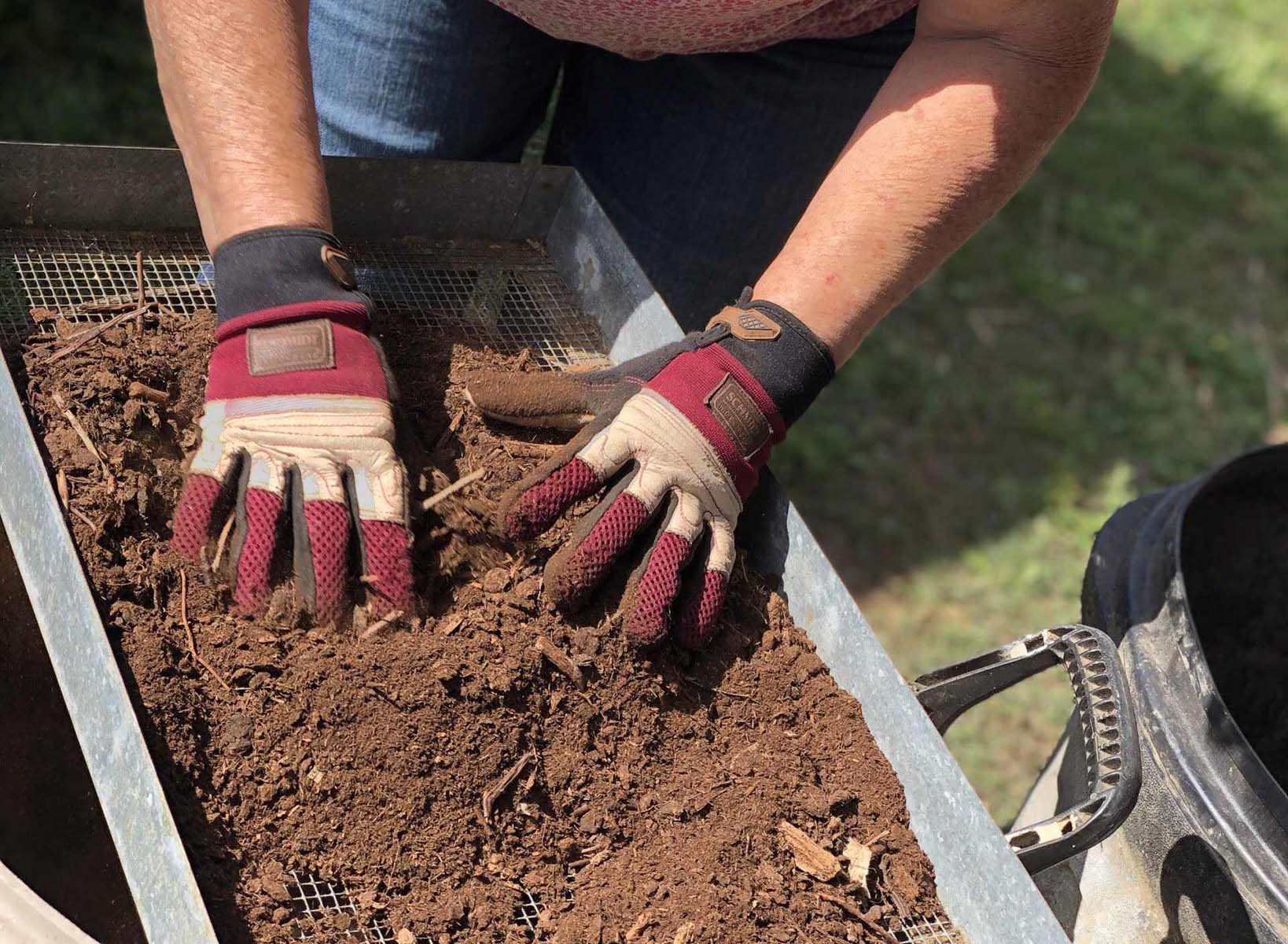
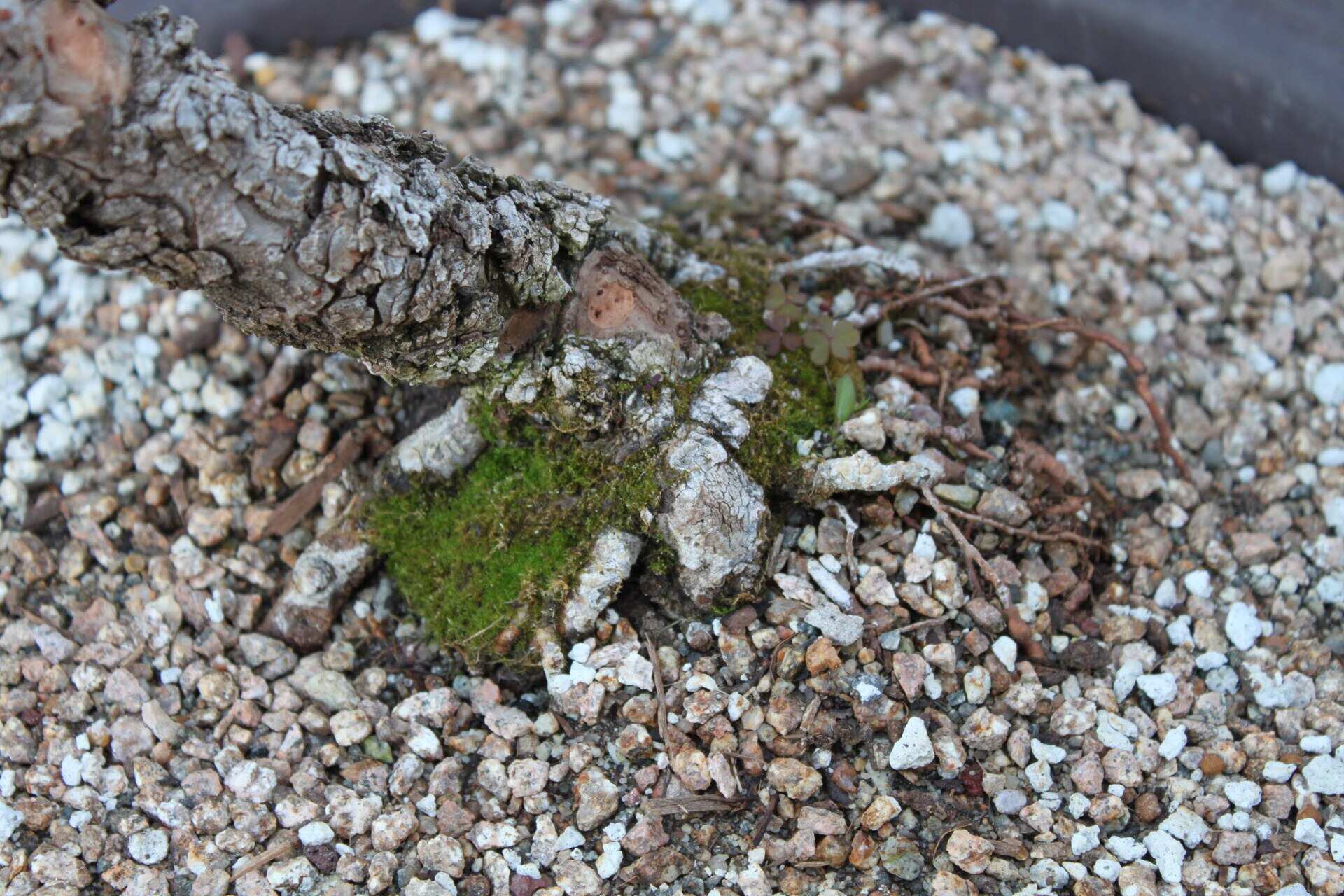

0 thoughts on “Which Potting Soil Mix Is Best For Snake Plants”